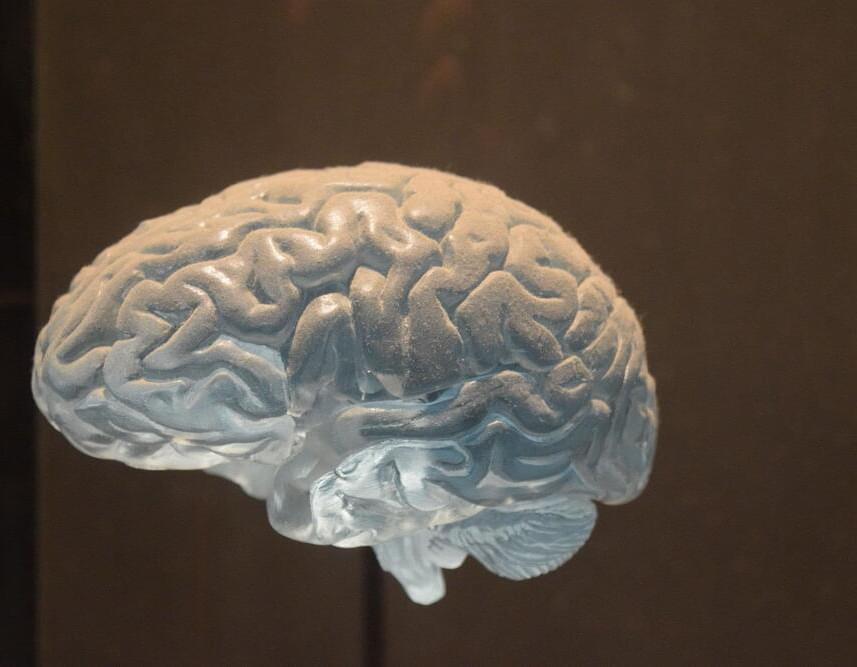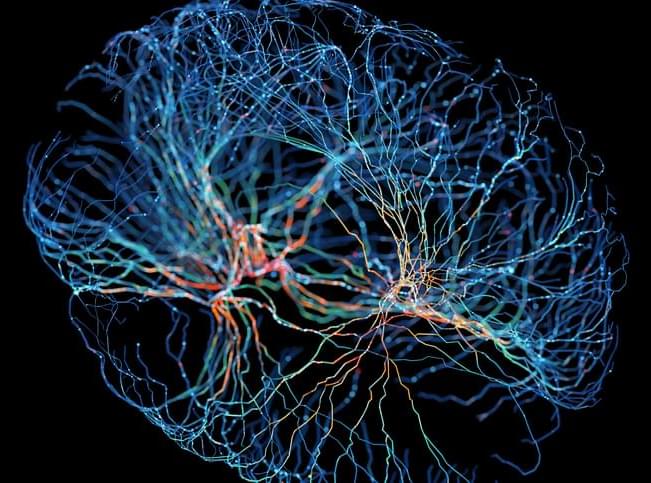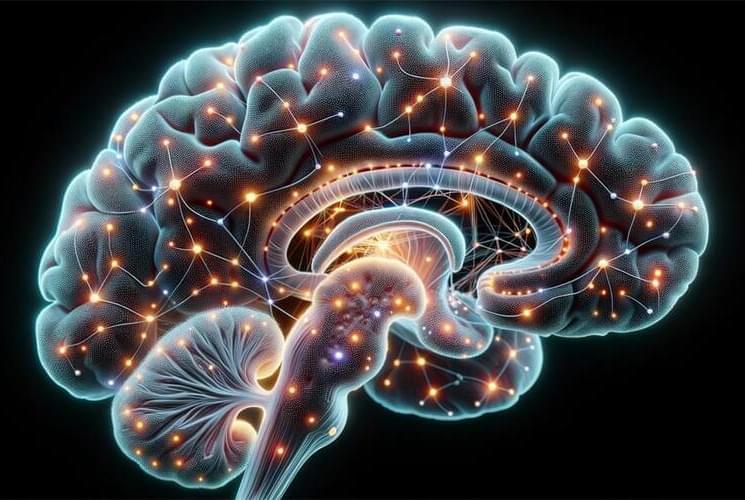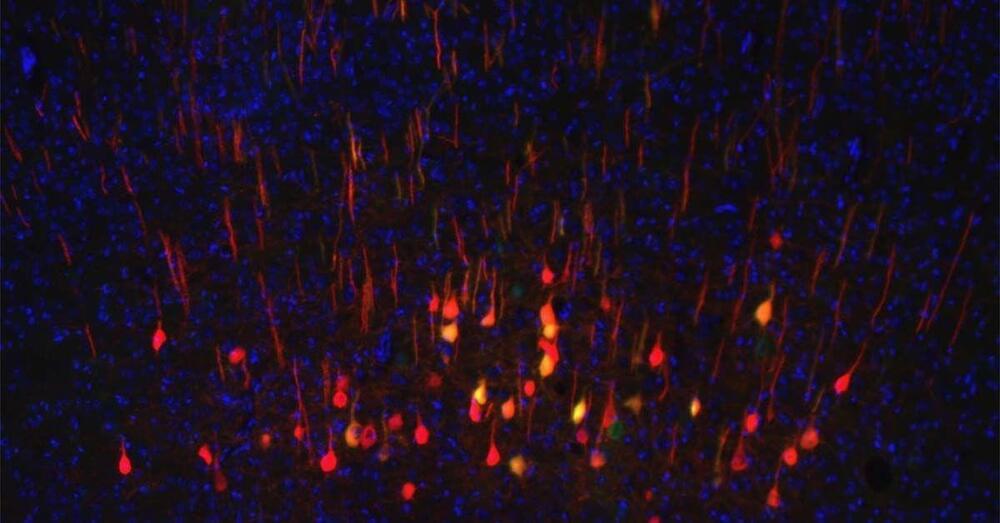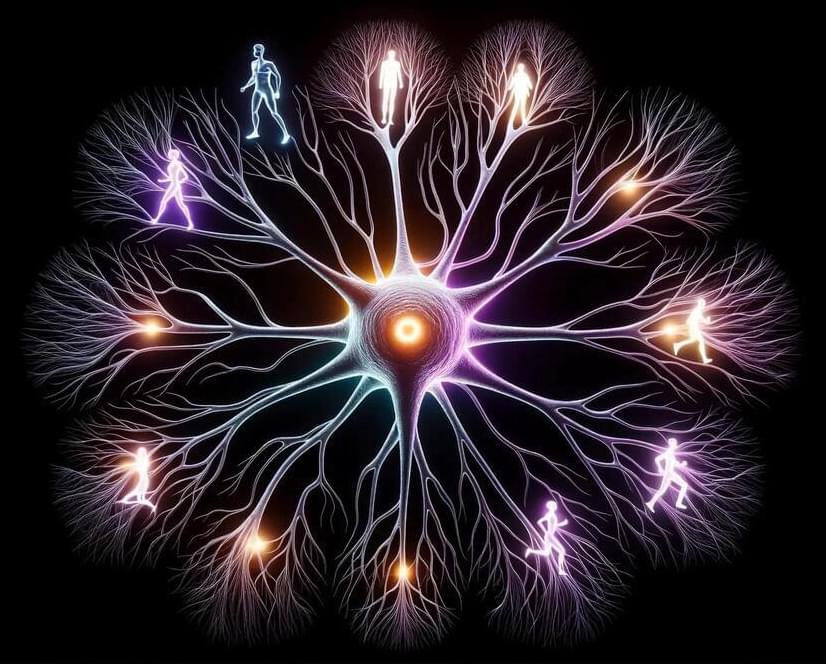Oct 21, 2023
Basic-income participants in Denver say it helped turn their lives around
Posted by Brent Ellman in categories: habitats, neuroscience
How basic income works.
Over the course of a year, the Denver Basic Income Project gives participants cash payments of varying amounts. Many participants, some of whom were living on the streets a few months before enrolling in the program, reported feeling safer, happier, and less anxious with better living arrangements.
The Denver Basic Income Project began in 2021 and was granted a $2 million contribution from the city. Researchers at the University of Denver’s Center on Housing and Homelessness Research found most of those who received money from the program were significantly better off six months in.
Continue reading “Basic-income participants in Denver say it helped turn their lives around” »

